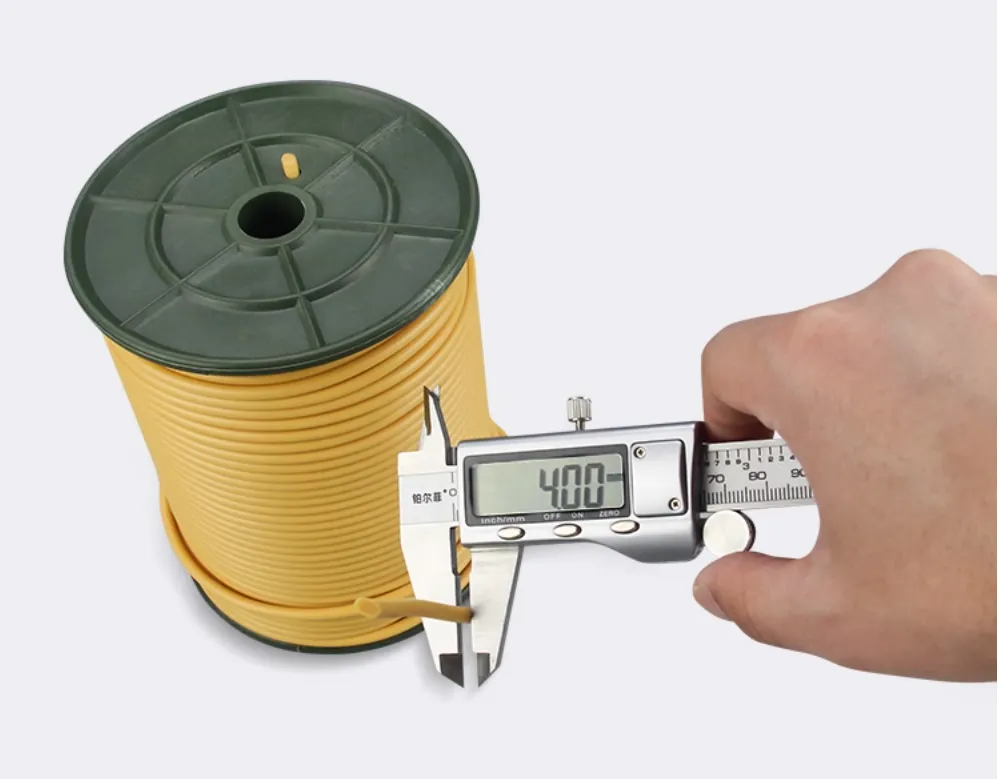The Most Durable Type of Flooring | Enlio
When it comes to choosing flooring for your home or business, durability is often a top priority. With a myriad of options available, finding the most durable type of flooring can be overwhelming. However, understanding the material properties and performance characteristics can help streamline your decision-making process.
One of the most durable types of flooring is porcelain tile. Known for its hardness and resistance to scratches, stains, and moisture, porcelain tile is an excellent choice for high-traffic areas. It has a low water absorption rate, making it suitable for kitchens, bathrooms, and even outdoor spaces. With various styles and colors available, porcelain tiles can mimic the look of natural stone or wood, providing both aesthetic appeal and functional durability.
Another contender for top durability is luxury vinyl flooring (LVF). Manufactured to withstand heavy foot traffic and resistant to scratches and dents, LVF comes in planks or tiles that are simple to install, maintain, and clean. The water-resistant properties of luxury vinyl make it a popular choice for basements, laundry rooms, and kitchens. Furthermore, it can be designed to resemble hardwood or stone without the associated costs and upkeep.
Hardwood flooring, while traditionally considered a premium choice, may not always hold up in durable comparisons when exposed to moisture or heavy wear. However, engineered hardwood flooring offers a solution. It combines a real hardwood veneer with high-quality plywood layers for added stability, making it less prone to warping in humid conditions. While more susceptible to scratches than tile or vinyl, regular maintenance, such as refinishing, can help restore its beauty over time.
enlio what is the most durable type of flooring

For those seeking something more industrial or commercial in flavor, concrete flooring has shown to be an exceptionally durable option. Often used in warehouses and retail spaces, concrete can endure significant weight and resist abrasions and stains when sealed properly. The versatility of concrete allows for various finishes, from polished to stained, giving it an artistic touch while providing unmatched strength.
Carpet tiles are also gaining traction in commercial settings, particularly for their ease of replacement and maintenance. While carpets, in general, are not known for their durability, carpet tiles allow for damaged sections to be swapped out without replacing the entire floor. They are designed to withstand high foot traffic and are often treated to resist stains, making them practical for offices and retail environments.
Finally, if you are considering exterior flooring, offers such as composite decking are both durable and stylish. They resist rotting, warping, and insect damage, making them ideal for outdoor spaces that experience temperature fluctuations and moisture.
In conclusion, the most durable flooring options depend on your specific needs, environment, and aesthetic preferences. Porcelain tile, luxury vinyl flooring, engineered hardwood, concrete, and composite decking each serve unique purposes and can provide enduring beauty and functionality. Investing in a resilient flooring option ensures that your space remains attractive and functional for years to come.
-
modern-interior-solutions-with-durable-pvc-material-skirtingAug.22,2025
-
elevating-outdoor-spaces-with-premium-wood-material-skirtingAug.22,2025
-
Waterproof Advantages of SPC Flooring Vinyl in KitchensAug.06,2025
-
SPC Hybrid Waterproof Flooring Thickness GuideAug.06,2025
-
Leveling Subfloor Before My Floor SPC InstallAug.06,2025
-
How Mesh Deck Skirting Improves Outdoor Pest ControlAug.06,2025




